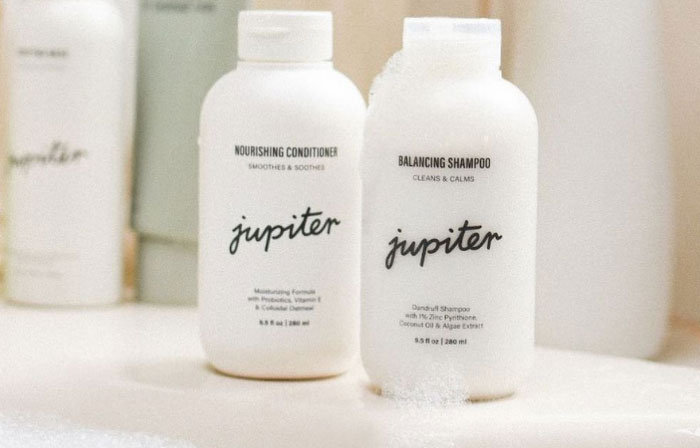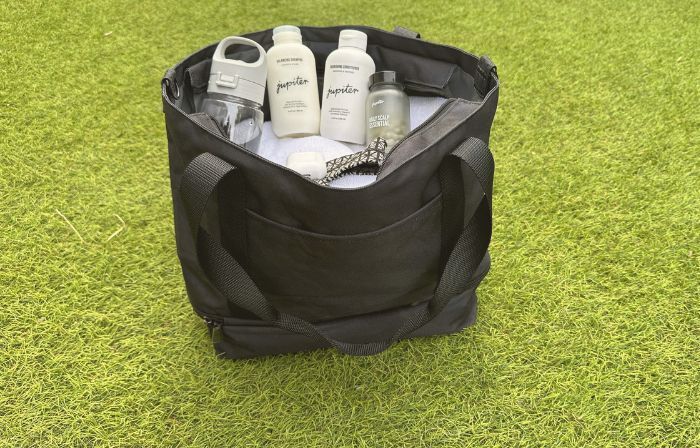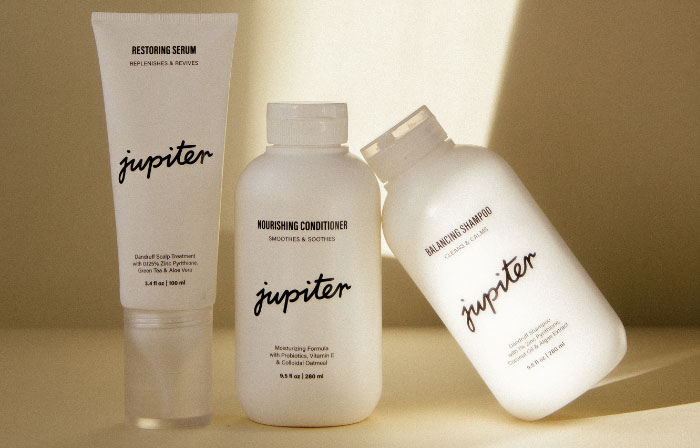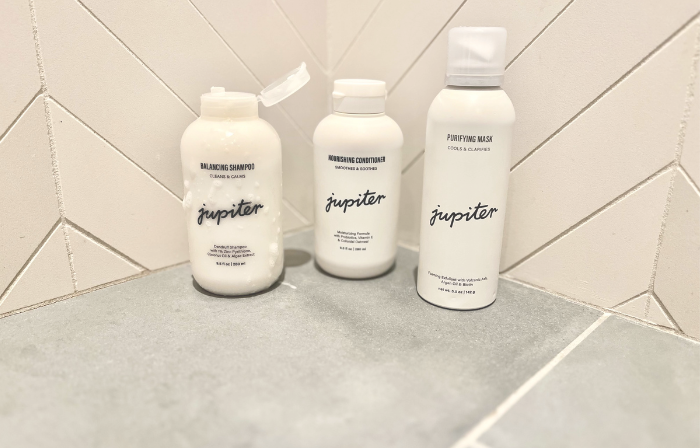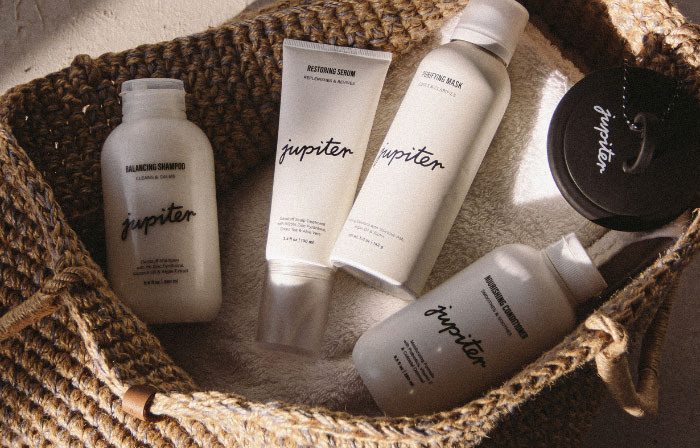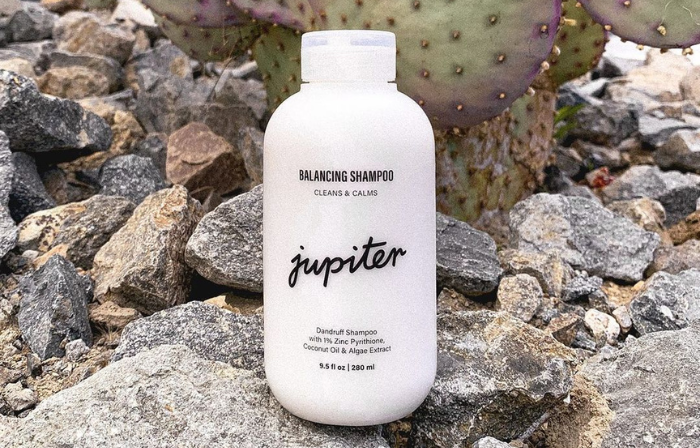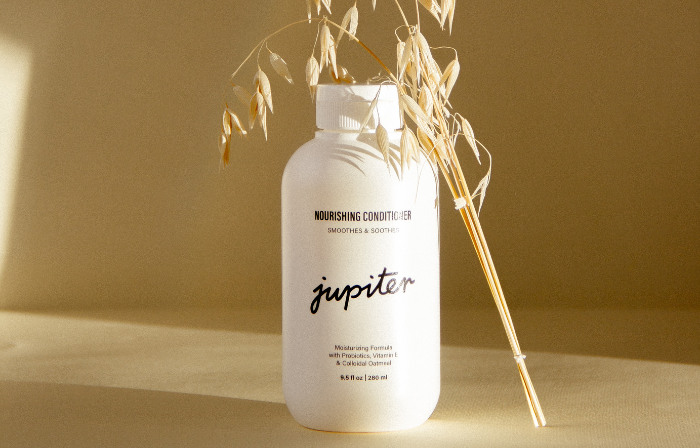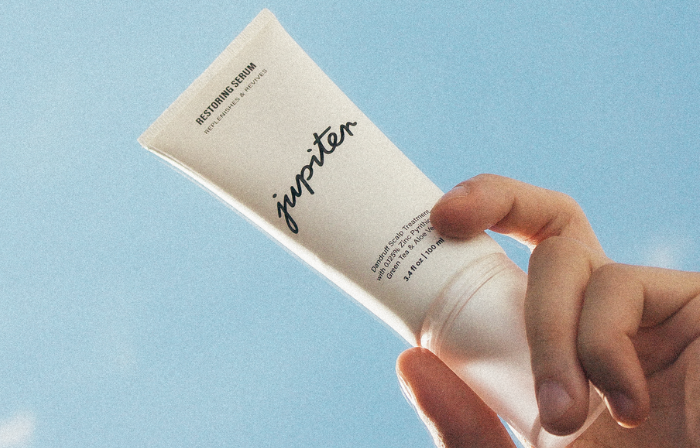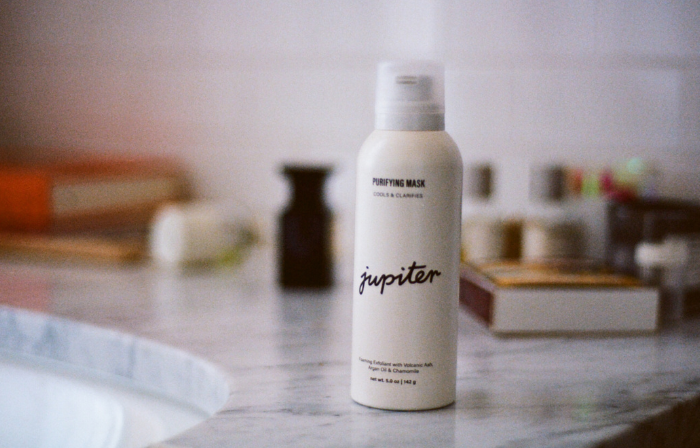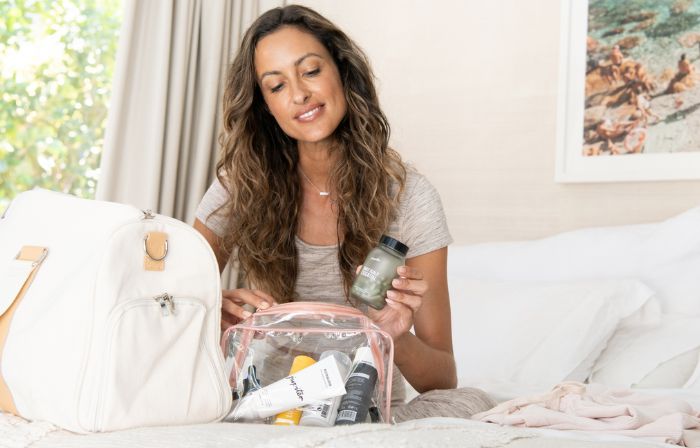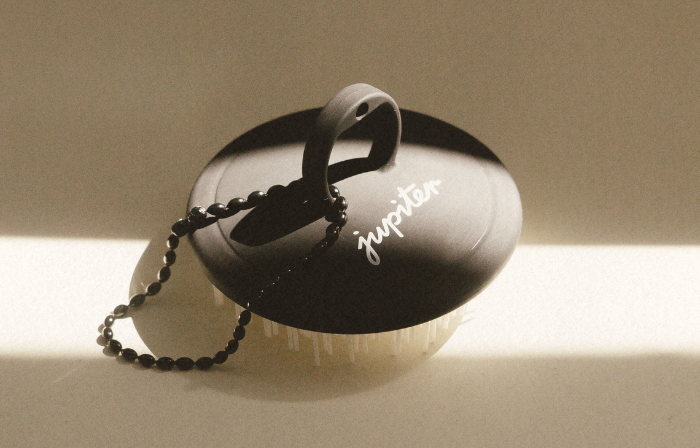Nowadays, who isn’t stressed? The pressure of work, family, and everyday responsibilities can sometimes get the best of us. On top of that, having dandruff or seborrheic dermatitis is the last thing you want to deal with.
Experiencing an itchy, flaky scalp can be a bummer. While the microbiome and a healthy scalp are key, many factors can play into maintaining and promoting a healthy scalp environment. But are stress and dandruff connected?
They sure are. Read on to find out how.
What Is Dandruff?
Dandruff, also known as seborrheic dermatitis, can cause itchy, flaky, and dry skin. Scientists believe that an overgrowth of the yeast called Malassezia that lives on your skin is a leading cause of dandruff, but it can also be linked to your diet, lifestyle factors like stress and exercise, and your health.
Though we see it mostly on the scalp, dandruff can appear on other areas of our body, such as our face, around our nose, eyebrows, on our ears, and even on our chest.
What Is Malassezia?
The yeast called Malassezia, which lives on your skin all over your body, and can inhabit your scalp, is believed to be the root cause of dandruff when there’s an overgrowth. Many researchers believe that yeast feeds on your skin’s oils, which can irritate some people's scalp causing flaking, redness and itching.
Other Conditions
It is important to note that you can have scalp irritation or flaking from any of these conditions:
Seborrheic dermatitis: also known as dandruff
Psoriasis: an autoimmune inflammatory skin disease affecting two to four percent of the population
Dry scalp: Dryness of the scalp can happen for several reasons, from your hydtration levels, to the weather and the natural effects of aging.
Eczema: this common skin condition can show up on your scalp and skin, resulting in flaking.
Alopecia: A scalp condition that can lead to hair loss, but can also cause flaky skin and itching.
Dandruff can be mild to more sever cases (called seborrheic dermatitis) and its symptoms can include a flaky scalp, irritation, itching, inflammation, and oily hair.
Psoriasis and seborrheic dermatitis can mimic each other, though they have different underlying causes and treatments. Both may result in patches of red skin and flakes on your scalp.
Seborrheic Dermatitis Symptoms
As mentioned above, below is a list of common symptoms associated with seborrheic dermatitis.
Itchy, white flakes on your scalp
Red scales on your skin
Yellow scales on an infant’s head (Cradle cap)
Blepharitis, which is scaly redness on the edges of the eyelids
Scaly skin on both sides of the face.
Flaky patches on your chest and hairline
Redness that can appear in the folds of your skin
Inflamed hair follicles on your cheeks and upper half of your body
Causes and Factors
Many lifestyle factors can trigger or worsen the symptoms of dandruff. Some factors are:
Stress
Cold and dry weather
Diet
Styling products
Your hair care routine
Though some researchers aren’t quite sure of the exact genetic cause of seborrheic dermatitis, some that have been linked include:
Malassezia, which lives on everyone’s skin and feeds on your skin’s oils
An increased level of skin lipids
An increased level of androgens, which is a hormone
An inflammatory reaction
Family history
Low zinc levels
Weather
When it comes to weather, drier air can make dandruff worse, especially in the winter months. However, dandruff can also crop up in the summer months if your scalp reacts to higher humidity levels by becoming oily or greasy.
Your Hair Care Routine
Having a hair care routine that supports a healthy scalp microbiome is very helpful in keeping dandruff at bay. It’s important to read the ingredients label on your products to ensure that they’re free from sulfates, dyes, synthetic fragrances, and other harsh chemicals that may lead to scalp irritation.
A consistent routine with hair care products that control oil production and fight off Malassezia is key. A shampoo formulated with the dandruff-fighting active ingredient, Zinc Pyrithione, is the first line of defense. Paired with a soothing conditioner that’s packed with natural ingredients to keep your scalp nourished and your hair soft and shiny.
Your Diet
Your diet is also very important to your scalp health because it impacts your well-being from the inside out. Not drinking enough water is a classic cause of dry skin that can lead to flaking on your scalp.
Some foods will make your scalp very happy. Others, not so much. Sugar, alcohol, and common allergens like gluten and dairy can be triggers that lead to flaking for some.
Stress affects your overall health, making you susceptible to several conditions, not just dandruff.
How Does Stress Affect Dandruff?
We’ve all heard that stress affects your overall health, making you susceptible to several conditions, not just dandruff. Stress can also affect your ability to fight off infections. Given the impacts of stress on your physical health, it's no surprise that stress can trigger dandruff or worsen the existing symptoms.
Some studies have shown a possible link between seborrheic dermatitis and a stressful event.
Just like stress may lead to acne or pimple breakouts on the skin of your face, stress can cause the skin on your scalp to react as well. It can irritate or even worsen dandruff for some people.
Not to fret! There are many ways to reduce stress levels, so do your scalp a favor by managing your stress through self-care, mindfulness, and calming hobbies. More on that below.
Lifestyle Tips
While there are many ways to combat dandruff with the right set of products, there are also ways to promote a healthy scalp through stress management and lifestyle choices.
Learn to manage stress, even though it seems difficult at times.
Take that yoga class you have wanted to try.
Get plenty of rest.
Get some sunlight, though not too much.
Maintain a healthy diet.
When it comes to lifestyle, health and wellness go together like peanut butter and jelly.
Managing stress means finding what works for you to maintain a healthy mind and body which will in turn promote a healthy scalp. Exercising is fantastic for your body and your overall health. So take that time, find an exercise you enjoy, and get plenty of rest.
Healthy Diet
A healthy diet goes a long way when it comes to promoting your hair and scalp health. The right dietary choices are important and can help reduce those pesky symptoms.
Eating the right foods is a great start. Here are some ideas to get you started:
Salmon
Egg yolks
Avocado
Walnuts
Carrots
Flaxseed
There are many other options of foods that you can add to your diet to help you maintain and promote hair and scalp health and keep dandruff at bay.
Increasing your zinc intake is one easy way to help keep flakes away. Zinc can provide benefits to your scalp and skin. Supplements are a great way to get all those vitamins and minerals and help to support and maintain your healthy hair and scalp journey. Check out our Daily Scalp Essential - it's packed with vitamins, minerals (including Zinc), and botanicals to help support a balanced scalp.
Shampoo Use
Dealing with dandruff and stress is hard enough, but you can also have the help of these hair and scalp products, both medicated and non-medicated, that can promote a more balanced scalp:
Foams
Gels
Sprays
Serums
Oils
Ointments
Anti-dandruff shampoos
When it comes to shampooing, using a shampoo with Zinc Pyrithione has proven to be an effective method for treating a flaky and dry scalp. For moderate to severe flaking, and if you aim to achieve your healthiest hair possible, try our Whole Darn Set.
Healthy hair starts with a healthy scalp, so the more you can do to maintain healthy habits and use products to promote a healthy scalp, the sooner you’ll find yourself flake-free.
Summary
Relieving stress and supporting a healthy lifestyle are always good choices and go hand in hand when addressing scalp health.
Maintaining a healthy hair care routine, becoming mindful of your diet choices, and incorporating your favorite stress relief activity can help you prevent dandruff or alleviate the symptoms. Always remember that along with managing your stress, the best way to keep flakes at bay is with consistent use of your favorite anti-dandruff shampoo, topical treatments, and soothing scalp health products to help minimize the recurrence of this common flaky, itchy nuisance.
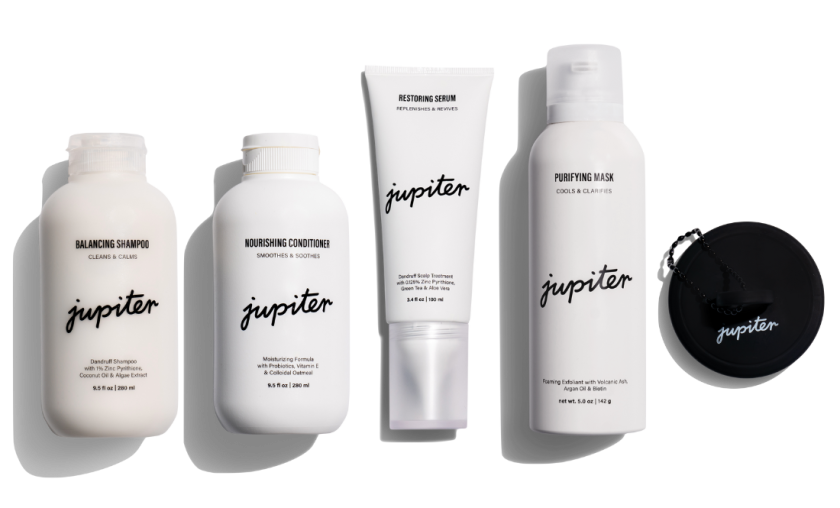
Built for those looking to address constant or moderate to severe flaking, redness, or irritation and want their mane left looking refreshed and silky smooth.
